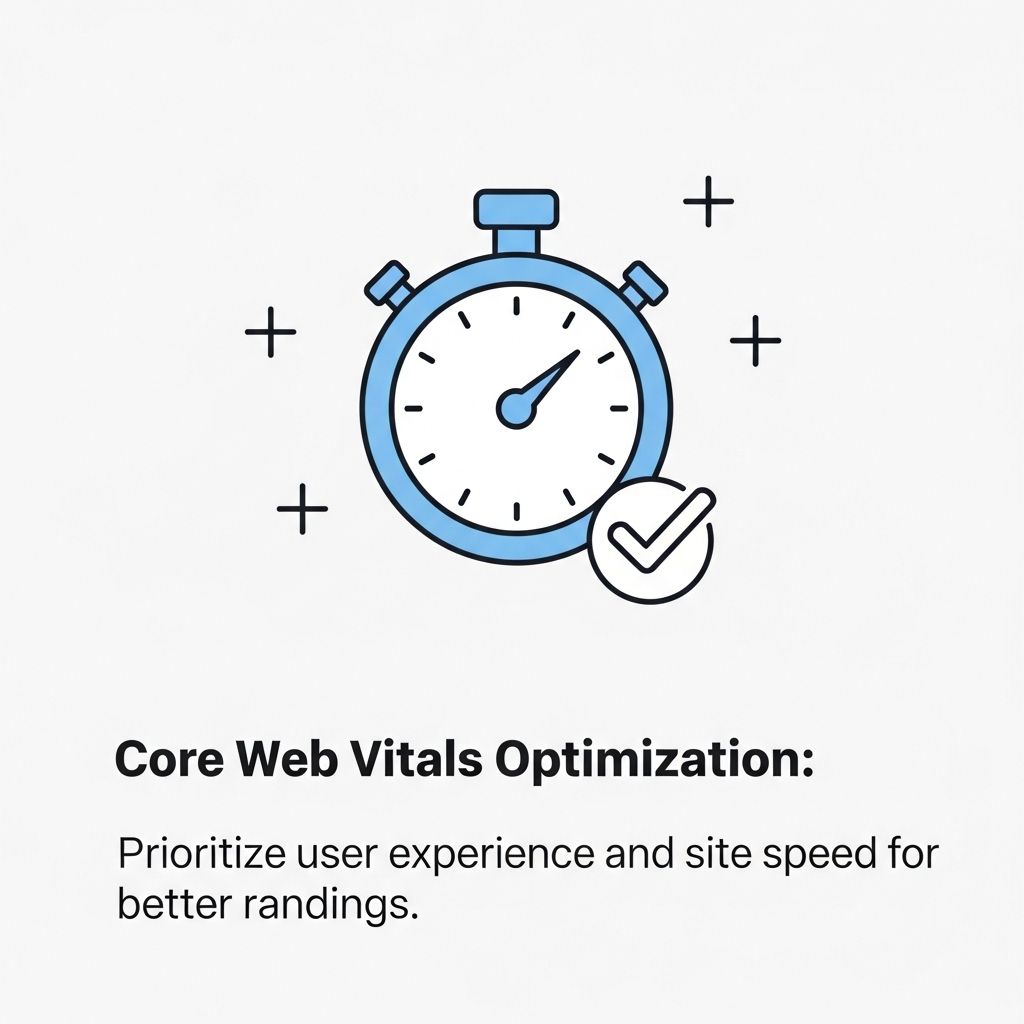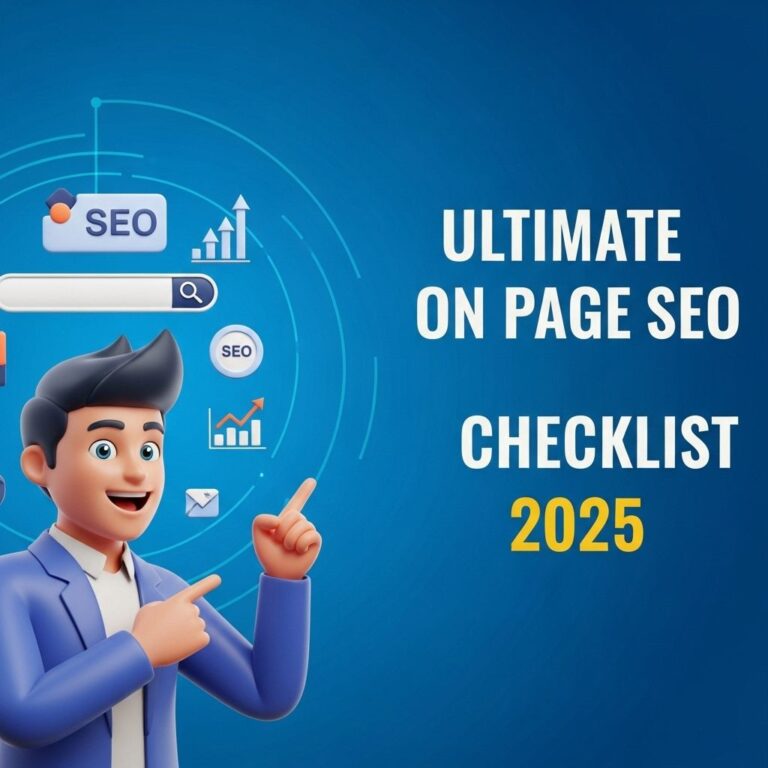In the rapidly evolving digital landscape, mastering Search Engine Optimization (SEO) is no longer just a necessity for businesses; it has become an art form. As we approach 2025, the intricacies of SEO are shifting, influenced by advancements in technology, changing user behaviors, and evolving search engine algorithms. This article aims to equip you with the latest strategies and insights to ensure your mastery of SEO in the coming years.
Table of Contents
The Importance of SEO in 2025
SEO continues to be a vital component of digital marketing, providing businesses with the ability to reach their target audience organically. Here are some key reasons why mastering SEO is essential:
- Increased Visibility: A strong SEO strategy ensures your website ranks higher in search engine results, making it more likely for users to find you.
- Cost-Effective Marketing: Compared to paid advertising, organic search traffic is more sustainable and cost-effective in the long run.
- Improved User Experience: Proper SEO practices lead to better website structure and content, enhancing user experience.
- Long-Term Strategy: Unlike trends that come and go, SEO remains a foundational digital strategy that yields long-term results.
Key SEO Trends to Watch
1. Voice Search Optimization
With the advent of virtual assistants like Siri, Alexa, and Google Assistant, voice search is becoming increasingly prevalent. To optimize for voice search:
- Focus on natural language and conversational keywords.
- Utilize schema markup to help search engines understand the context better.
- Ensure that your content addresses common questions and queries.
2. AI and Machine Learning
Search engines are leveraging AI to understand search intent better. Here’s how to adapt:
- Produce high-quality, in-depth content that reflects user intent.
- Utilize AI tools for keyword research and content optimization.
- Monitor algorithm updates to stay ahead of changes in ranking factors.
3. Mobile-First Indexing
As mobile usage continues to dominate, Google prioritizes mobile-friendly websites in its indexing. Best practices include:
- Ensuring your site is responsive across all devices.
- Improving site speed for mobile users.
- Testing usability on mobile platforms.
On-Page SEO Techniques
On-page SEO refers to optimizing individual pages on your website to rank higher. Here are crucial techniques to implement:
Content Quality
Quality content is pivotal. Here’s what to focus on:
- Write engaging, informative content that provides value.
- Aim for a content length that aligns with user expectations and search intent.
- Use visuals, videos, and infographics to enhance content appeal.
Keyword Optimization
Keywords are the backbone of SEO. Implement the following strategies:
| Strategy | Description |
|---|---|
| Long-Tail Keywords | Focus on longer, specific phrases that attract targeted traffic. |
| LSI Keywords | Incorporate related keywords to help search engines understand content context. |
| Keyword Placement | Use keywords in titles, headers, and meta descriptions for better visibility. |
Meta Tags and Descriptions
Crafting compelling meta tags is essential:
- Write unique meta titles and descriptions for each page.
- Include primary keywords without overstuffing.
- Make descriptions enticing to improve click-through rates.
Off-Page SEO Strategies
Off-page SEO refers to actions taken outside your own website to impact your rankings. Here’s how to strengthen your off-page efforts:
Link Building
Building high-quality backlinks is crucial for increasing domain authority. Consider these tactics:
- Guest blogging on reputable sites.
- Creating shareable infographics.
- Engaging in industry forums and communities.
Social Media Engagement
Effective social media strategies amplify your SEO efforts:
- Share your content on various platforms.
- Engage with followers to build a community.
- Utilize social media ads to boost visibility.
The Role of Analytics in SEO
Understanding data is crucial in refining your SEO strategy. Key metrics to monitor include:
Traffic Sources
Identify where your traffic is coming from:
- Organic search
- Referral traffic
- Direct traffic
Conversion Rates
Track how well your site converts visitors into customers:
- Set up goals in Google Analytics.
- Monitor conversions from specific pages.
- Analyze user behavior through heatmaps.
Keyword Performance
Regularly assess the performance of your keywords:
- Use tools like SEMrush or Ahrefs for tracking.
- Adjust strategies based on performance fluctuations.
- Explore new keyword opportunities regularly.
Conclusion
Mastering SEO in 2025 requires an understanding of evolving trends and strategies. By focusing on content quality, user experience, and utilizing the latest technologies, you can position your business for success. As the landscape continues to change, staying informed and adaptable will be your greatest assets. Embrace these principles, and you’ll be well on your way to mastering SEO in the years ahead.
FAQ
What are the key trends in SEO for 2025?
Key trends in SEO for 2025 include a focus on artificial intelligence, voice search optimization, mobile-first indexing, and enhanced user experience.
How can I optimize my website for voice search in 2025?
To optimize for voice search in 2025, focus on using natural language, creating FAQ pages, and ensuring your content answers specific questions users may ask.
What role does content quality play in SEO success in 2025?
Content quality remains crucial in 2025; high-quality, relevant content that provides real value to users will outperform lower-quality content.
How important is mobile optimization for SEO in 2025?
Mobile optimization is extremely important in 2025, as most users access the web via mobile devices; ensure your site is responsive and loads quickly.
What SEO tools should I use to improve my rankings in 2025?
SEO tools such as SEMrush, Ahrefs, and Google Search Console will be essential for tracking performance, conducting keyword research, and analyzing competitors in 2025.









